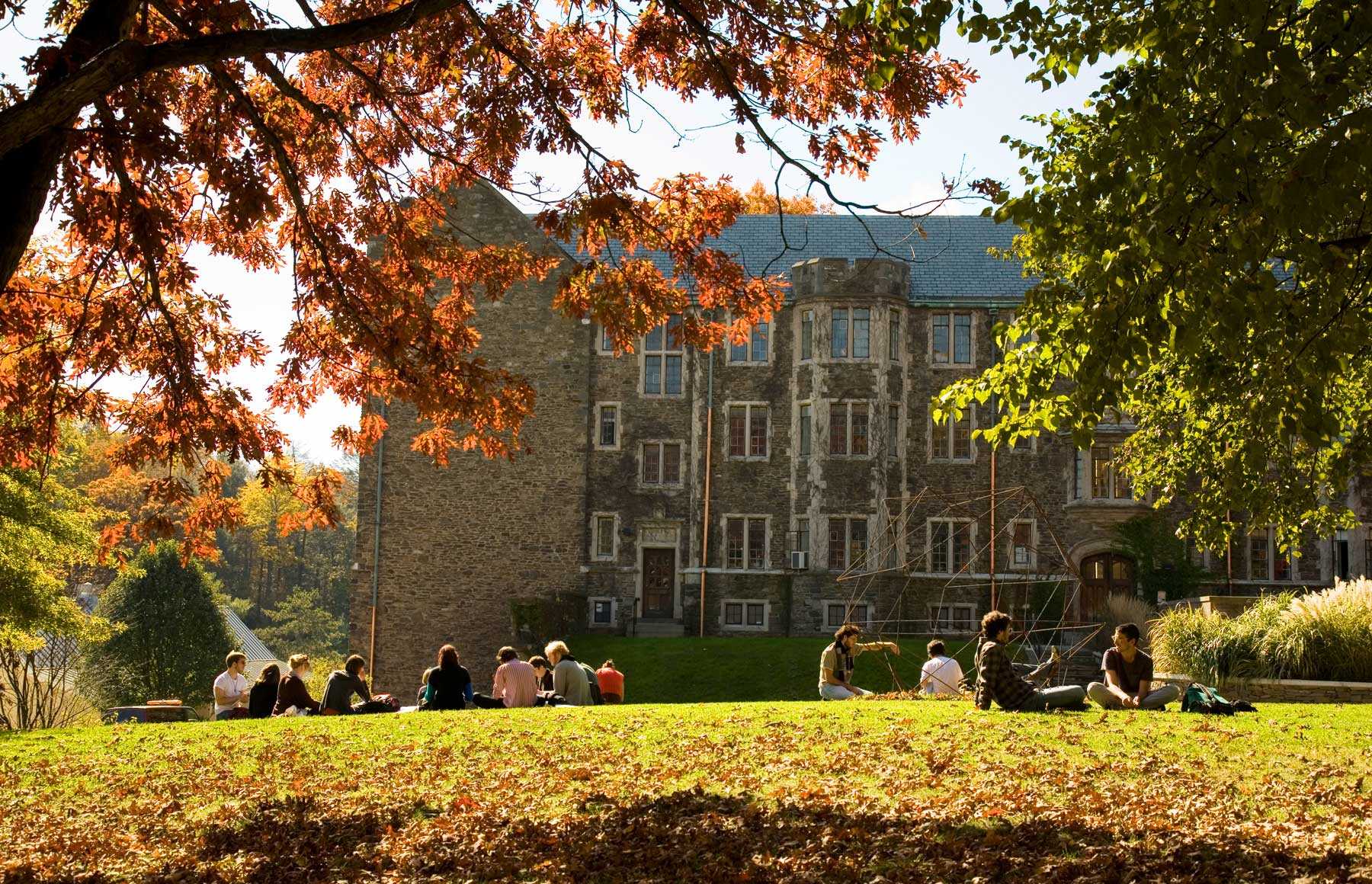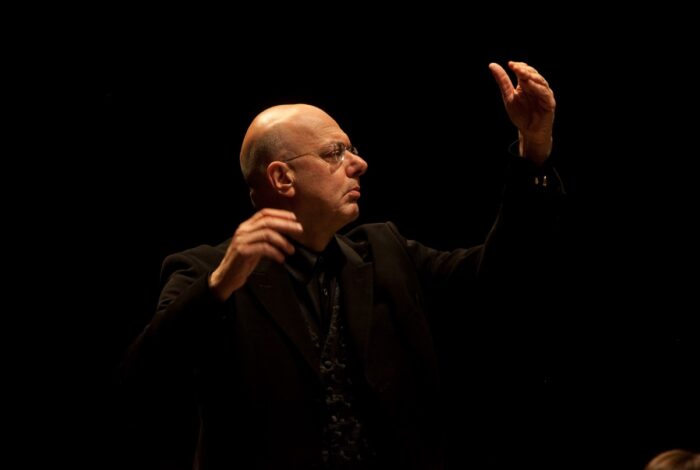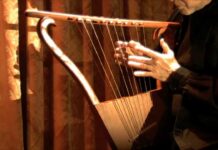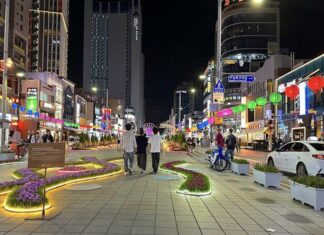
Bard College has a long-standing reputation for its commitment to arts and culture. Recently, the college has seen a renewed focus on opera. This renewed focus has brought fresh interpretations and innovative approaches. Many productions have gained praise for their boldness and creativity. The college’s recent works reflect its ambition to offer unique cultural experiences.
The energy surrounding the recent productions shows how Bard College remains at the forefront of operatic innovation. The school continues to attract new talent and inspire passion in the performing arts. The Opera Renaissance stands as a testament to its dedication to fostering artistic growth.
The Role of Leadership at Bard College
Much of Bard College’s recent success in opera can be attributed to its leadership. Leon Botstein, who has been deeply involved with the school for years, has played a key role. As president, he has guided the artistic direction of many productions. His vision has allowed the college to offer something different in the world of opera. Under his direction, Bard has become known for his bold and unique interpretations of classic works. Leon Botstein, in addition to his duties at Bard, serves as the music director of the American Symphony Orchestra. His vast experience has shaped the quality and direction of the recent offerings at Bard.
Botstein’s involvement ensures that the productions at Bard College maintain a high level of excellence. His ability to blend education with the arts has elevated the institution’s profile in the operatic world. The Opera Renaissance is as much a reflection of his vision as it is of the talented performers and directors involved.

Recent Notable Productions
One standout production that drew attention was Falstaff, which reinterpreted Verdi’s classic in a way that connected with modern audiences. The staging, costuming, and vocal performances were all lauded. Critics highlighted the way Bard handled this production as fresh and engaging.
Another production that resonated with audiences was The Rake’s Progress. The attention to detail in this production offered a sharp contrast to more traditional interpretations. Bard’s version of the opera incorporated modern themes, making it accessible to new generations without losing the essence of the original work.
The Turn of the Screw by Benjamin Britten also stands out as a recent example of Bard’s artistic approach. This production embraced psychological tension, using minimalistic sets to focus attention on the performers. The raw emotion on stage, paired with strong direction, left a lasting impact on viewers.
Engaging New Audiences
One of the most significant aspects of Bard College’s recent productions is their ability to engage younger audiences. The productions have found a balance between tradition and modernity, making opera accessible without compromising on quality. Younger generations are increasingly interested in these performances, drawn by the innovative approaches and contemporary themes.
Bard has introduced workshops and interactive sessions where audiences can learn more about the operas they are attending. By breaking down barriers and offering educational opportunities, Bard has successfully opened up opera to a wider audience.
Additionally, the college has taken advantage of technology to stream some of its performances, allowing those who may not have access to the campus to experience the productions. This outreach has expanded the audience base far beyond the local community, reaching viewers around the globe.
Conclusion
The Opera Renaissance at Bard College is a bold and innovative movement. It reflects the institution’s dedication to arts and culture. By embracing both traditional and modern approaches, Bard has positioned itself as a leader in the operatic world. Recent productions like Falstaff and The Turn of the Screw demonstrate Bard’s ability to engage audiences while pushing the boundaries of the art form.
Bard College’s opera program is more than just a platform for performances—it is a beacon of cultural growth and artistic exploration. It offers something fresh while staying rooted in the rich traditions of the past.














